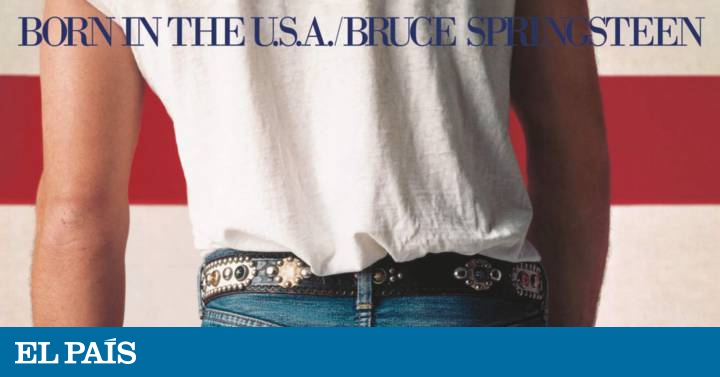On March 12, a peculiar phenomenon began to manifest on Spotify. The reproductions of the 200 most popular songs of the moment began to drop. Data from April 16 showed that in that last month, which coincided almost exactly with the start of confinement in many countries due to the covid-19 pandemic, recent successes had sounded 28% less on the platform of Swedish origin. Although it is true that some releases were being postponed due to the health crisis (Lady Gaga, Adele, Sam Smith) it is also true that during that period new proposals from artists such as J Balvin, Dua Lipa, The Strokes or Fiona Apple saw the light. Meanwhile, what Spotify considers catalog music - all that has been released more than 18 months ago - increased its number of plays by 60%.
Among the top ten most downloaded albums on iTunes this week are two by Adele, Abba, Queen and Bob Marley. Meanwhile, the British lists, so special they, mixed during the first weeks of confinement the news on duty with themes rescued from the past with humorous reasons, such as Don't Stand So Close To Me ("Don't come so close to me") by REM's The Police or It's The End of the World As We Know It (REM) and the classics for a cathartic communion in times of uncertainty, such as John Lennon's Imagine , a an issue that only requires a year of regular harvesting or the injury of a franchise footballer to climb to the top of the charts again and unite people. “When we face stressful situations, we tend to move backwards, towards a time in our lives when we felt safe and protected. It is natural in moments like the ones we live in now, ”says the American psychotherapist Lori Gottlieb in The Atlantic .
The way in which we have been consuming music during the hardest stage of confinement has been different from how we did before. No listening to her in the car. Not on the subway going to work. Nothing to do as a dj at home parties, and much less, nothing to approach the dj in bars or clubs to ask him for something or to ask him what he is playing. In a way, it seems that the lack of external stimuli has caused a certain absorption and, above all, a return to the known. A study by Nielsen with the collaboration of Billboard and MRC Data indicated that 87% of those surveyed in these weeks were putting on the same songs and records that they were listening to before. According to Emarketer, in April the number of times Siri or Alexa were asked to put music up 34%. And well, Alexa is not told: "Alexa, put on Miami hip hop news." No. She is told, "Alexa, put Springsteen on."
“The emotional element of music can mean a partner to trust when you must go through universes of confusion as it is now. In addition, having your musical preferences really clear helps to form a strong identity and feel safe when it comes to showing it to others ”, Diane Omigie, an expert psychologist in music-induced emotions, has written regarding not only the idea that sounds known and loved in the past as ideal companions, but the possibility that some certainty about who you are musically can help you remember who you are in everything else. Also according to Omigie, we return to that music that we liked as teenagers, because it is just at that moment in our lives when we feel that we are building ourselves as people. "Those groups that we used to listen to then provoke hormonal reactions and remind us of who we are, what values we have, what needs, what longings." In any other context putting back that group you loved at school but now, let's say, not so much, could lead to awkward questions and some regret. Now, in the privacy of confinement, going back to what you liked is an activity of zero risk and infinite pleasure.
One of the artists who has best understood this phenomenon during these weeks has been Tim Burgess, leader of the Manchester independent band The Charlatans. According to what he says, after trying to write a song called Wash your hands , he decided to leave the guitar aside and organize daily listening to records through his Twitter account (#timstwitterlisteningparties) from 21:00 to 22:00, and with one of the people in charge of the work. commenting on the topics. Intended for that audience that could have his band's albums among his collection, the vocalist has put lengths of Ride, Blur, Oasis, Aztec Camera or Beth Orton. The idea is that you are playing those songs at your house while he announces them and the guests comment on them in his tweets. "People have more time now. And both musicians and listeners are happy to be able to listen to entire albums again, ”said Burgess in a recent article in The Guardian . The mancuniano has become in these weeks a kind of catalyst for nostalgia. Well, and also of self-promotion: on May 22 he released I love the new sky , his new album. Nostalgia is a need, and any need, sooner or later, becomes a business.

